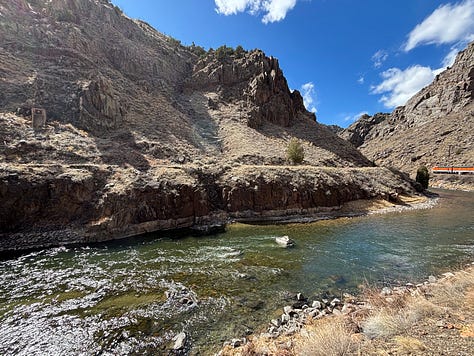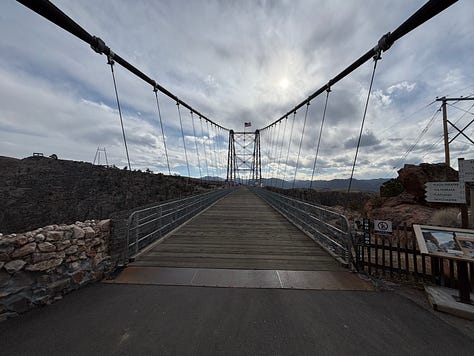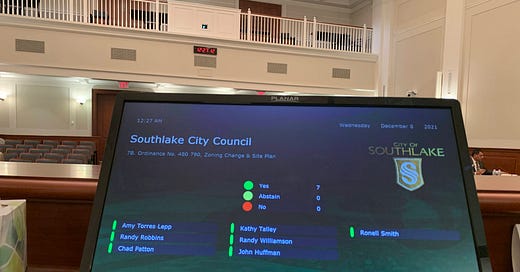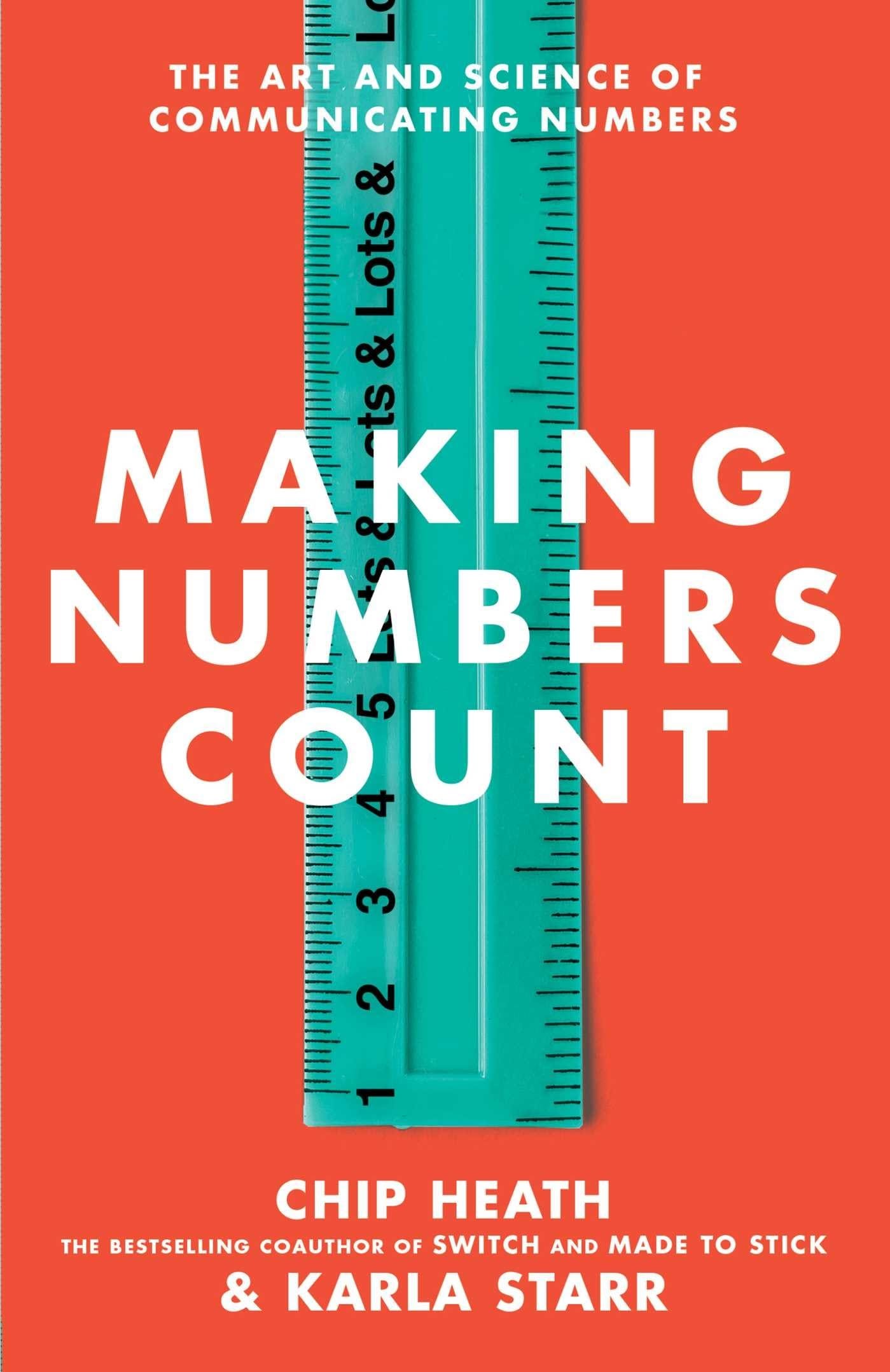The toll and the test: why running for office will break you before it builds you
On campaigning, community, and the personal cost of stepping into the arena
Running for office is not for the faint of heart
In my latest Dallas Morning News column, I tackle a topic I’ll have a lot to say and write about in the near future: running for elected office.
“In Texas, elections for city councils, school boards and water districts take place on the first Saturday in May each year. The weeks in advance of this date are some of the most grueling for candidates running for elected office, in part because few experiences prepare you for the long days and nights of campaigning. Beyond fundraising calls and meet-and-greets, there are seemingly endless personal meetings at coffee shops and constant lunches with potential donors. After a few weeks, even the most passionate community advocate is exhausted.
“In recent years, an added challenge has made running for office tougher: partisanship. Today, candidates knocking on doors and making calls are likely to be asked “are you a Democrat or a Republican?” as national politics increasingly shapes local races.”
By the numbers
Two: That’s the number of city council meetings I have left.
Black Democrat and Mississippi resident leaves the party behind
Shuwaski Young sounds like someone I’d enjoy getting to know, based on his explanation for departing the Democratic Party, which he shared in an opinion piece for the Clarion Ledger. His reasoning—that the Dems support policies that hard Black communities, sounds familar.
“The Democrat Party lost sight of the fundamental priorities and principles that should guide America’s path forward. While I deeply respect aspects of the Democrat Party’s legacy and modern leaders, like Congressman Bennie Thompson, who has worked tirelessly to advance civil rights and social justice, I firmly believe that the Democrat Party’s policies have negatively affected working class communities, opportunities for small business economic expansion and, more importantly, disregarded the will and wants of common-sense voters.”
A week in Colorado Springs, Colo., was good for the mind, body, and spirit
I’ve had some great vacations in Colorado, from skiing to fly-fishing and brewery tours. Though I’d never been to Colorado Springs, I’m already looking forward to returning.









What I’m reading
Making Numbers Count: The Art and Science of Communicating Numbers," by Chip Heath and Karla Starr
Making Numbers Count has a lot going for it, namely:
It’s rather short (I think most nonfiction books are 30% too long).
It tackles an important topic in a creative way—making data palatable and compelling to the masses.
The information is presented in such a way to leave readers with dozens of mental images that they can put to use in their lives.
In a nutshell: The book is a thoughtful and smart, practical guide to transforming dry data into powerful, memorable insights. The authors show that most people struggle to grasp large numbers or percentages—so effective communicators must translate stats into vivid, relatable comparisons. They share excellent examples to goose readers’ creativity in presenting numbers. Full review upcoming.





